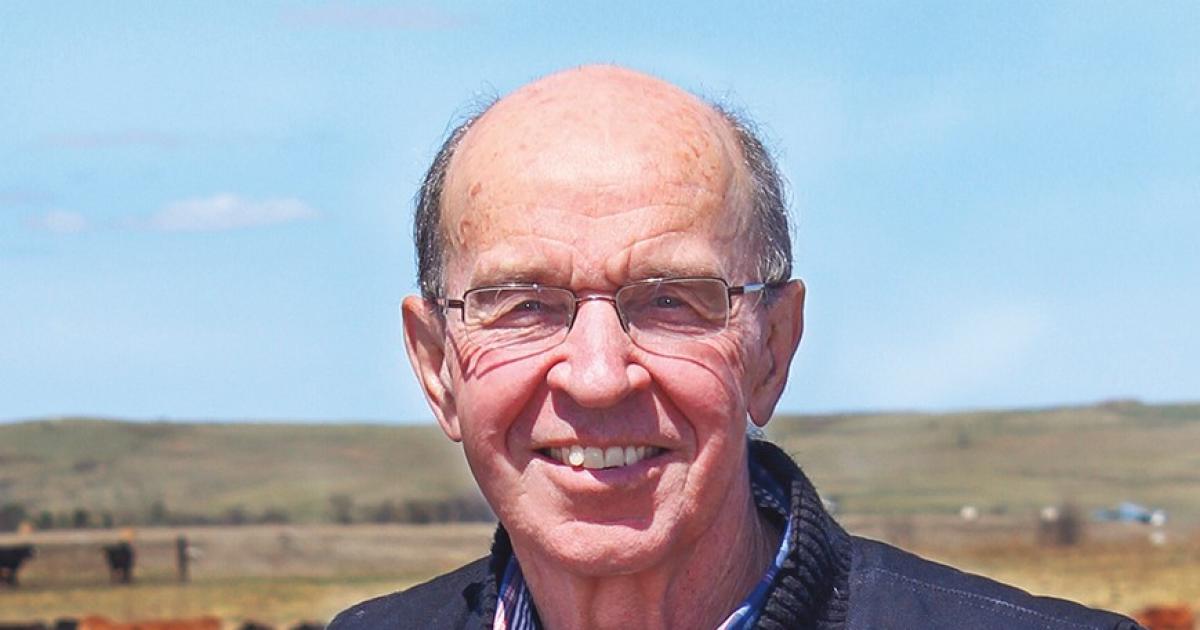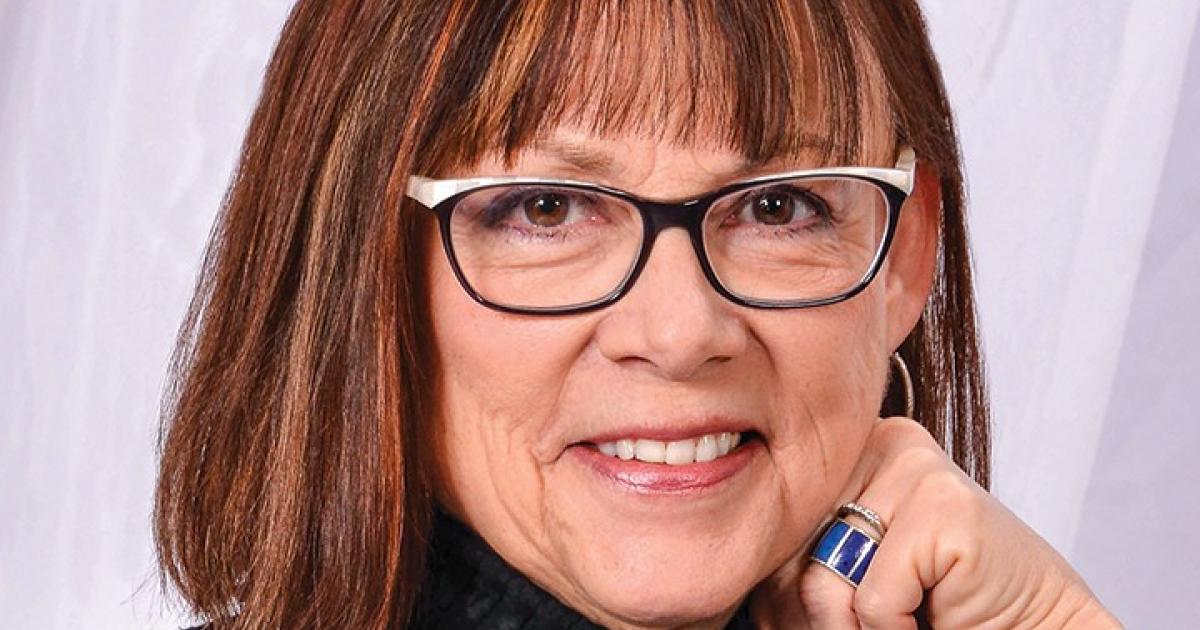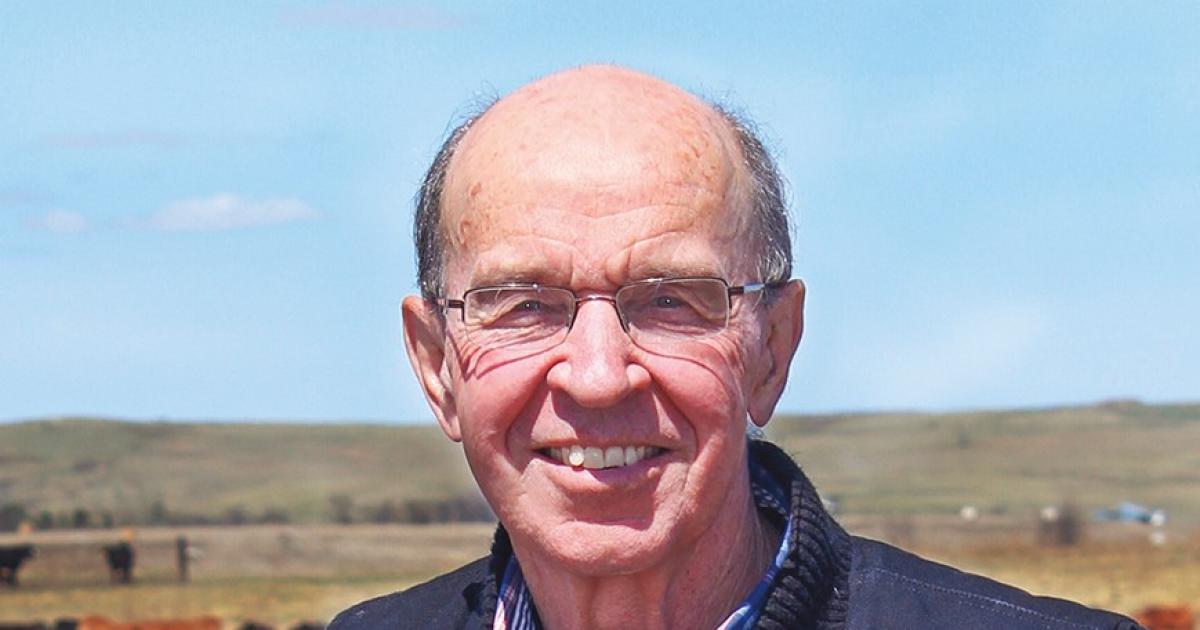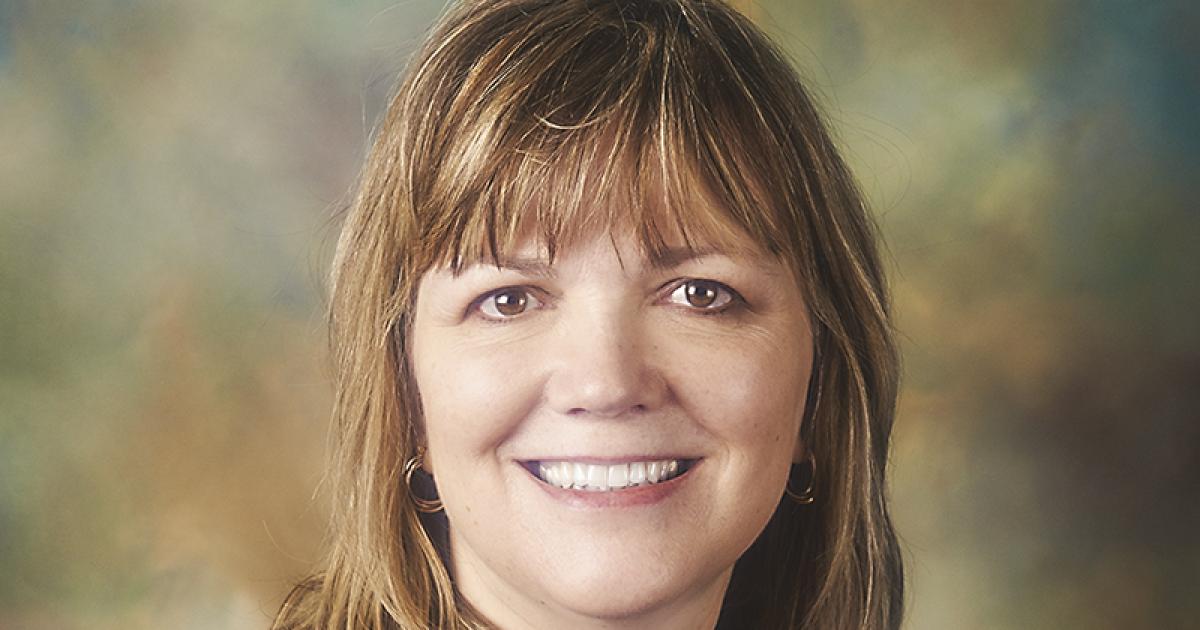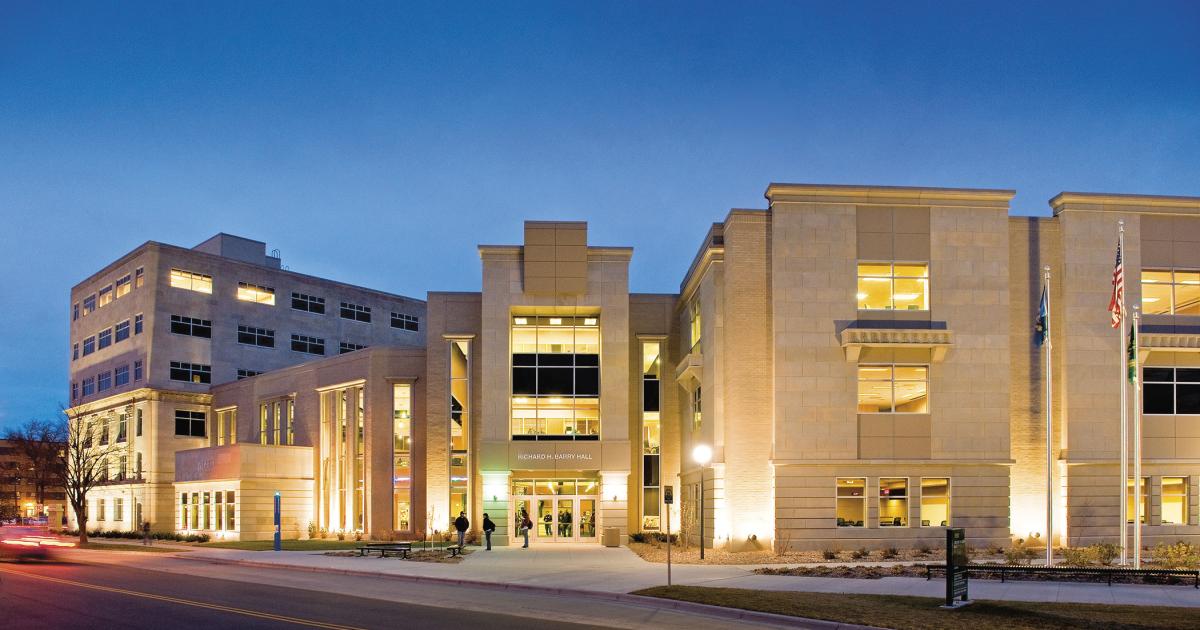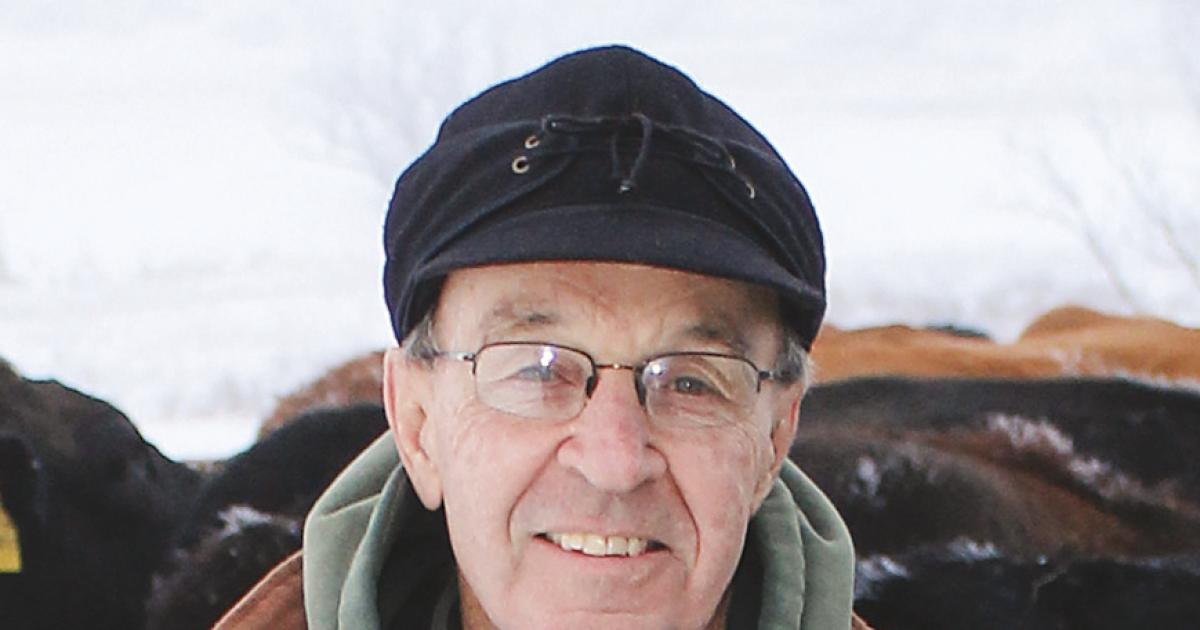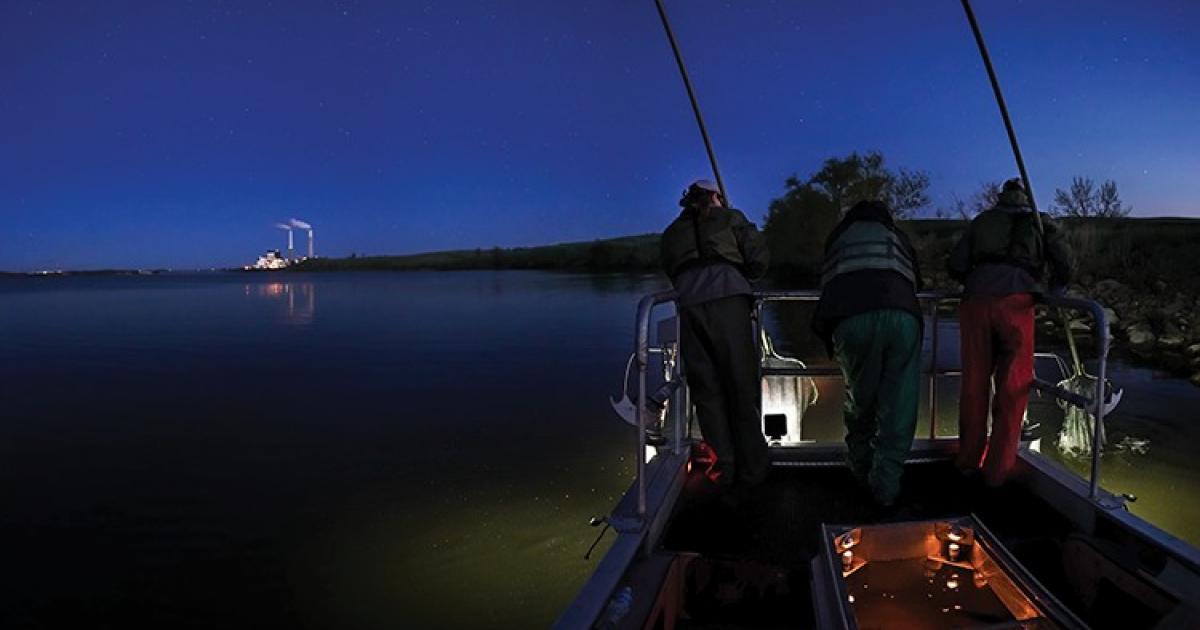Agriculture and energy are the cornerstones of North Dakota’s economy. For the farmers and ranchers who settled this state, agriculture and energy were one and the same. Some of what farmers grew was feed for the horses, mules and oxen that planted and harvested crops, then hauled the crops to market. Farmers produced food, fiber and their own fuel.
When agriculture became mechanized and gas-powered tractors replaced animal power, that changed. Energy became an expense.
In March 1980, we went south of New Salem to Chuck Bahm’s farm, where he was demonstrating the use of sunflower oil in diesel engines. Bahm’s vision, and the vision of many at that time, was of an agricultural industry that produced food, fiber and fuel, just as had been the case when animals provided the power.
What followed were all the stories we did about the growth of the state’s ethanol industry – about plants coming online, and the impact on corn prices and production. There were stories, too, about using byproducts for livestock feed or fertilizer, and about energy beets and soy biodiesel. Farmers were again producing fuel, along with food and fiber. Like a reconciled marriage, energy and agriculture had become one again – to a degree.
But the marriage has proved rocky at times. As corn-based ethanol grew, so did the debate over food versus fuel. When oil boomed in the Bakken, we did stories about the impact on farming and ranching, how road dust hurt crops growing nearby and brine spills ruined pastureland. In 2013, we went to the Dickinson Research Extension Center to report on how oil development was hurting its ag research. Two years later, we reported on how the growth in oil-by-rail was impacting grain-by-rail.
So, the relationship between these two big industries can be symbiotic or adversarial. Royalties from oil production and rental payments from wind towers can subsidize a farming or ranching operation, but they put neighbors without that energy income at a competitive disadvantage.
Energy and agriculture are related in so many ways, on so many levels.
Al Gustin is a retired farm broadcaster, active rancher and a member of Mor-Gran-Sou Electric Cooperative.


